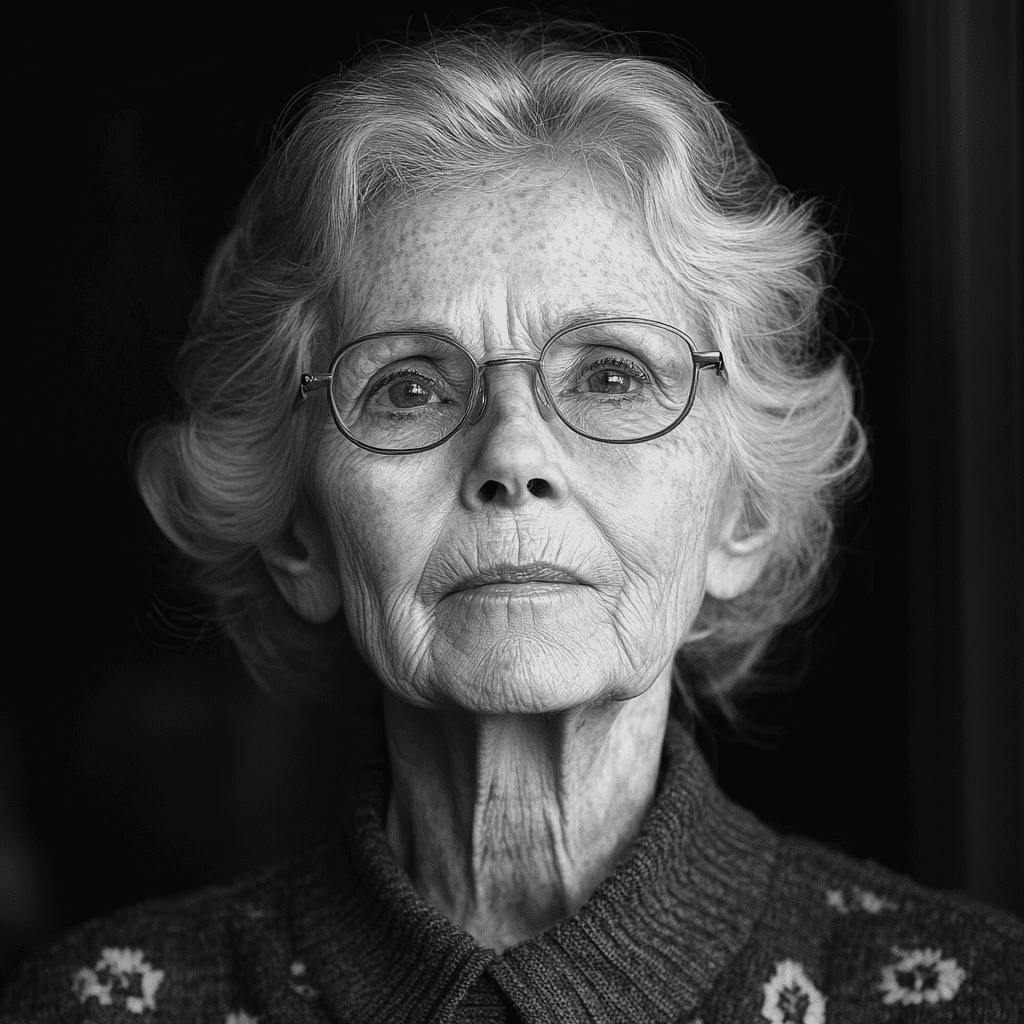In the whimsical tapestry of life, death weaves a profound narrative that often goes unnoticed. Enter Times Union obituaries—the beating heart of communal grief that provides a canvas for collective remembrance. These obituaries go beyond the mere announcement of passing; they are artistic expressions of love, nostalgia, and support for grieving families and communities alike. In this piece, we will explore how Times Union obituaries serve as essential tools for healing and connection, reminiscent of how fashion can transform emotions into visual expressions.
The Role of Times Union Obituaries in the Grieving Process
When a beloved community member departs, Times Union obituaries step in as vital connectors. They create a sacred space for families and friends, allowing them to commemorate the essence of the deceased and share their stories with the world. The act of publicly recognizing a person’s life fosters collective mourning, offering a balm to the soul in times of sorrow.
Think about it: research shows that sharing memories and tributes can strengthen community bonds. This communal recognition makes Times Union obituaries an integral fabric of local social life. For instance, while reflecting on Claire Marks, a beloved local teacher, friends flooded the obituary with anecdotes that painted a vibrant picture of her legacy. These narratives heal individuals and forge unbreakable ties among family, friends, and the broader community.
By weaving together shared experiences, Times Union obituaries become a powerful tool for emotional processing. Each memory shared acts like another thread in a patchwork quilt of grief—together, they create a warm embrace that lessens the sting of loss. In this regard, the act of publishing an obituary can serve not only as an ending but also as a meaningful beginning for collective healing.

Top 7 Features of Times Union Obituaries That Facilitate Community Connection
1. Personalized Tributes
2. Community Engagement
Families often shine a spotlight on their loved ones’ involvement in local events or organizations. John “Jack” Thompson’s obituary is a prime example, intertwining his experiences as a volunteer firefighter with gripping narratives from those he bravely rescued.
3. Guest Book Features
4. Celebratory Tone
5. Local Connections
6. Legacy and Impact Statements
7. Support for Survivors
Analyzing the Emotional Impact of Times Union Obituaries
Emotions run deep when it comes to loss, and studies reveal that public obituaries greatly assist in emotional health during these heavy times. Researchers suggest that reading or writing about grief and loss can accelerate the healing process. It’s almost like counseling via the written word, guiding bereaved individuals to know they’re not alone in their sorrow.
Counselors advocate for utilizing Times Union obituaries as navigational tools through grief. The poignant narratives not only provide closure but also offer a roadmap for reflection, whether it’s someone grappling with loss or individuals trying to help a friend in a time of need. The emotional resonance they foster is vital for mental well-being, inviting those left behind to remember that every story deserves to be told and celebrated.

The Future of Times Union Obituaries in the Digital Age
The age of technology has brought shifts and changes, even in how we honor our deceased. Times Union obituaries now boast interactive elements and social sharing options, enhancing community engagement. By adapting to digital trends, obituaries continue to serve as platforms for remembering those who have passed while maintaining essential ties within the community.
Local journalists and funeral home directors are at the forefront of these adaptations, navigating changes while holding true to the core values of remembrance and community support. It’s fascinating to consider how digital shifts shape what Times Union obituaries may look like in the future—more multimedia elements, video tributes, and social media integrations could become commonplace, bringing a new vibrant life to these memorials.
Strengthening Bonds and Fostering Healing Through Times Union Obituaries
Ultimately, Times Union obituaries do more than honor deceased individuals; they express the enduring spirit of community. These tributes foster connections, emphasize celebration, and offer a soft cushion to help us navigate through grief. By embracing these stories, we acknowledge our collective losses and the profound influence of death on our social fabric.
Times Union obituaries encapsulate the essence of resilience, warmth, and shared experience as we mourn. Just like a stunning fashion statement that resonates deeply within the soul, Times Union obituaries remind us of the lives we’ve cherished and how their stories continue to pulse through our hearts. Embrace their spirit, share their stories, and celebrate their lives—because the legacy they leave is a tapestry we weave together, full of color and connection.
Times Union Obituaries: Remembering Lives and Building Community
Obituaries can provide not just a farewell but a sense of togetherness during tough times. Times Union obituaries are a heartfelt way for families to share memories and celebrate their loved ones’ lives. Did you know they can also reflect the local culture? For instance, many feature anecdotes that highlight favorite local spots—from beloved eateries like Texas Roadhouse to unique characters in the community. Including those beloved hangouts in their remembrances helps keep the spirit of the deceased alive.
The Power of Connection
One interesting fact about Times Union obituaries is that they often encourage connections among community members. When someone passes away, their friends and families often pour out not just condolences but stories that bring a touch of life back to those memories. For instance, think about how locals might reminisce about fun times in the most stylish attire like the latest trend in shackets; yes, that’s right—the same comfy, chic outerwear that has become a staple. This blend of nostalgia and style really encapsulates how memories weave into our lives and communities.
Remembering Lives, Sharing Joys
Another intriguing aspect is the cross-generational support that obituaries evoke. The Times Union obituaries allow younger generations to learn about their family’s history and the roots of their home life. It’s almost like learning about the lifestyle choices of those who came before you. And just like discussing hobbies—like whether do Squirrels hibernate or how to properly organize a kayak trailer—these memories and stories create bonds that transcend age differences. Whether it’s a borrowed recipe or a favorite family tradition, every story shared adds a new layer to the community’s fabric.
In a time when folks are looking for the Safest Places To live in Florida or even considering community engagement ideas, remembering those who have passed helps anchor us. By embracing the Times Union obituaries, we not only honor our loved ones but also strengthen our connections, reminding us of the importance of community. Plus, when people share those heartwarming anecdotes, it becomes easier to support each other through life’s ups and downs, creating a web of connections that truly matter.

Are obituaries public record?
An obituary isn’t considered a public record like a death certificate. While it’s a summary of someone’s life, it doesn’t have the same legal standing.
Do newspapers still do obituaries?
Yep, newspapers still run obituaries. They’re often a way for families to remember loved ones and share the news of their passing with the community.
Why are obituaries posted online?
Obituaries are posted online so everyone can share their condolences and memories easily. They also provide a space for community support through comments and messages.
How to find an obituary in Los Angeles?
To find an obituary in Los Angeles, check with the local library, which offers three free searches a month. You’ll need details like the person’s name, date, and place of death.
How do you find out if a person passed away?
You can find out if someone has passed away through online obituary sites, local newspapers, or death notices. A call to the local funeral home can also be helpful.
Can you find obituaries online for free?
Yes, many online platforms let you search for obituaries for free. Just remember that some might require a subscription or a fee.
Why is there no obituary for someone?
There might be no obituary for a person because the family chose not to publish one, or perhaps they didn’t have the resources.
What is the largest obituary website?
The largest obituary website is Legacy.com, which features a wide range of obituaries from various sources.
Why is it so hard to find an obituary?
Finding an obituary can be tough because not everyone publishes them, and records can be scattered across websites and local publications.
Do funeral homes keep copies of obituaries?
Funeral homes often keep copies of obituaries and can help families find them if needed, especially for arrangements.
Why do some people not post obituaries?
Some folks skip posting obituaries because they prefer privacy or feel it’s too emotional to go through the process of writing one.
Is it normal to read the obituary at a funeral?
It’s pretty common to read the obituary at a funeral. It lets attendees learn more about the person’s life and share in memories.
How to find out if someone died in California?
To find out if someone died in California, you can search online for death records or check local newspaper obituaries.
Is there an obituary for cremation?
Cremation doesn’t prevent an obituary from being published. Many families choose to write them regardless of the burial method.
How do I find out if someone died in an obituary?
You can find out if someone died by checking local news websites, obituary databases, or reaching out to funeral homes.
How much does it cost to put an obituary in the local newspaper?
The cost of placing an obituary in a local newspaper varies widely, but it can range from around $100 to several hundred dollars depending on length and placement.
How do I get an obituary in the newspaper?
To get an obituary in the newspaper, contact the publication’s obituaries department and provide the details of the deceased, along with payment and any preferred wording.
What states require an obituary?
There aren’t specific states that require obituaries; it’s entirely up to the family’s choice to publish one or not.
What does an obituary look like in a newspaper?
An obituary in a newspaper typically looks like a short article, including the person’s name, life accomplishments, family members, and funeral arrangements.
Can you look up death records in California?
Yes, you can look up death records in California through the state’s Department of Public Health or various online databases.
How do I find an obituary for a specific person in MA?
To find an obituary for a specific person in Massachusetts, search local newspaper websites or state archives, which often keep these records.
How do I find an obituary for a specific person in Texas?
In Texas, you can find obituaries by checking local newspaper archives or using online obituary websites that aggregate this information.
How do I find an obituary in Ohio?
To find an obituary in Ohio, visit local newspapers’ websites or online obituary databases where many obituaries are collected.



























